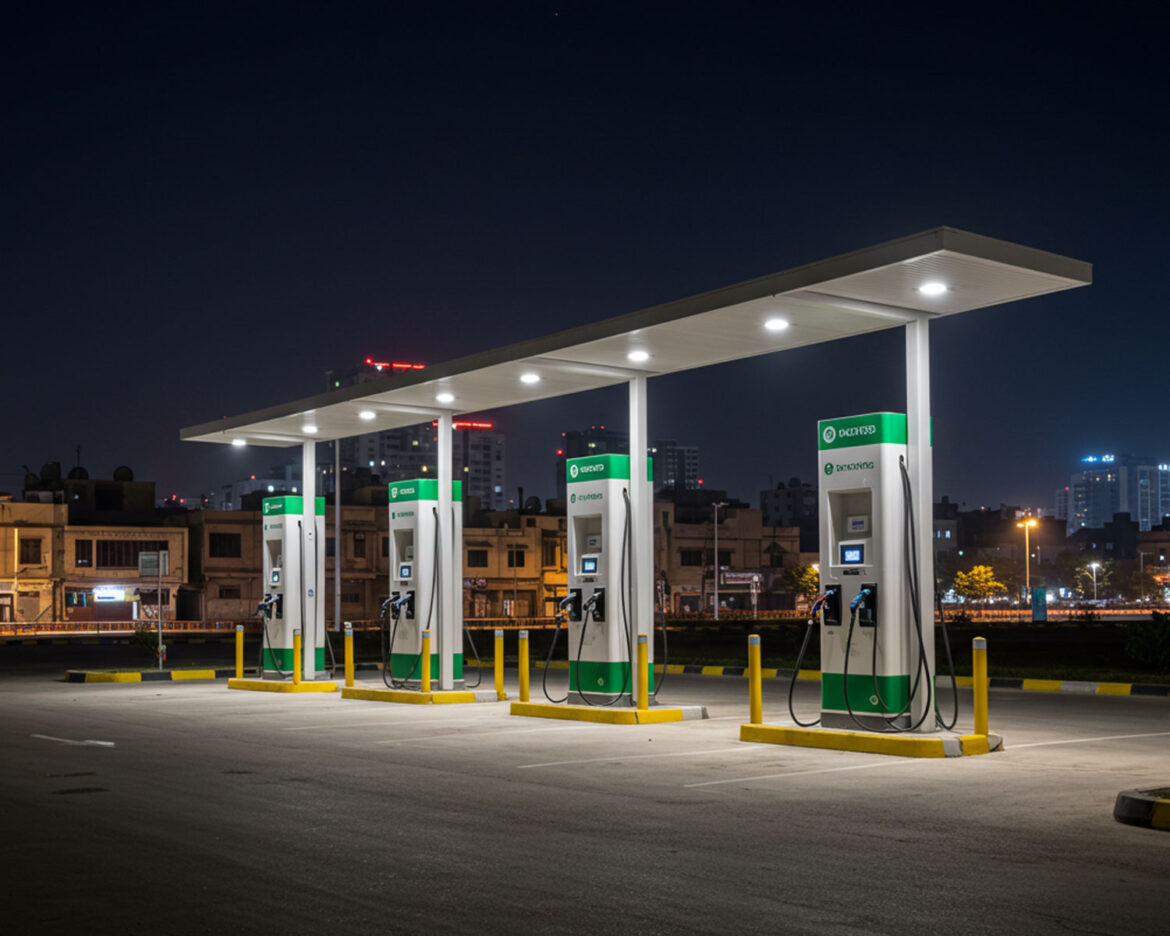In a major push towards sustainable transportation, the government has announced an ambitious plan to ensure that 30% of all vehicles on the road are electric by 2030. This initiative aims to reduce carbon emissions, decrease reliance on fossil fuels, and promote a cleaner environment.
As part of the plan, authorities will introduce incentives for electric vehicle (EV) buyers, expand charging infrastructure, and encourage automakers to accelerate the production of eco-friendly vehicles. Policies such as tax benefits, subsidies, and investment in research and development are expected to play a crucial role in achieving this target.
A government spokesperson stated, “Transitioning to electric mobility is essential for both environmental and economic sustainability. Our goal is to create an ecosystem that supports EV adoption at all levels.”
The plan also includes phasing out older, high-emission vehicles and promoting public transport electrification. Industry experts have welcomed the move but stress the need for robust infrastructure and affordable EV options to make the transition smooth for consumers.
With global trends shifting towards greener transport, the government’s initiative aligns with international commitments to combat climate change. However, the success of the program will depend on collaboration between policymakers, the auto industry, and consumers.
Challenges and Road Ahead
Despite the ambitious goal, challenges such as high EV costs, limited charging stations, and battery technology improvements remain key hurdles. The government plans to address these issues through strategic partnerships with private companies and international investors.
If successfully implemented, this initiative could position [Country] as a leader in sustainable mobility, significantly reducing carbon footprints and improving air quality across major cities.



